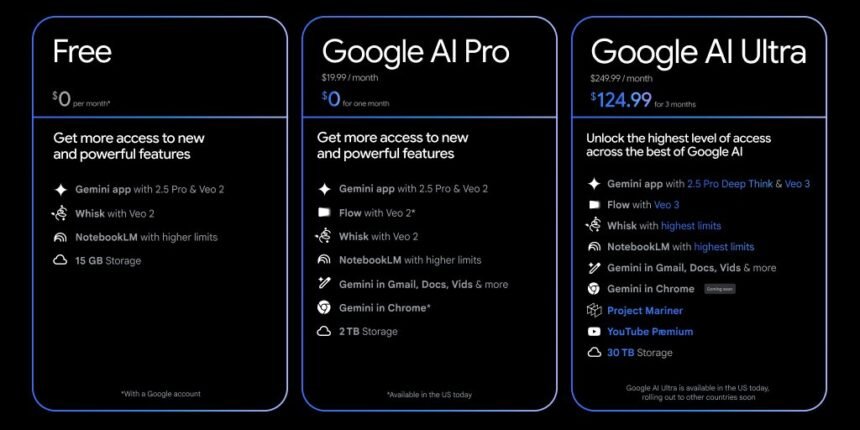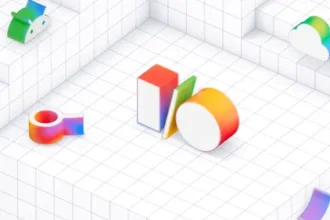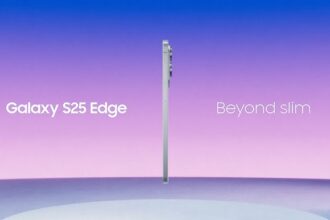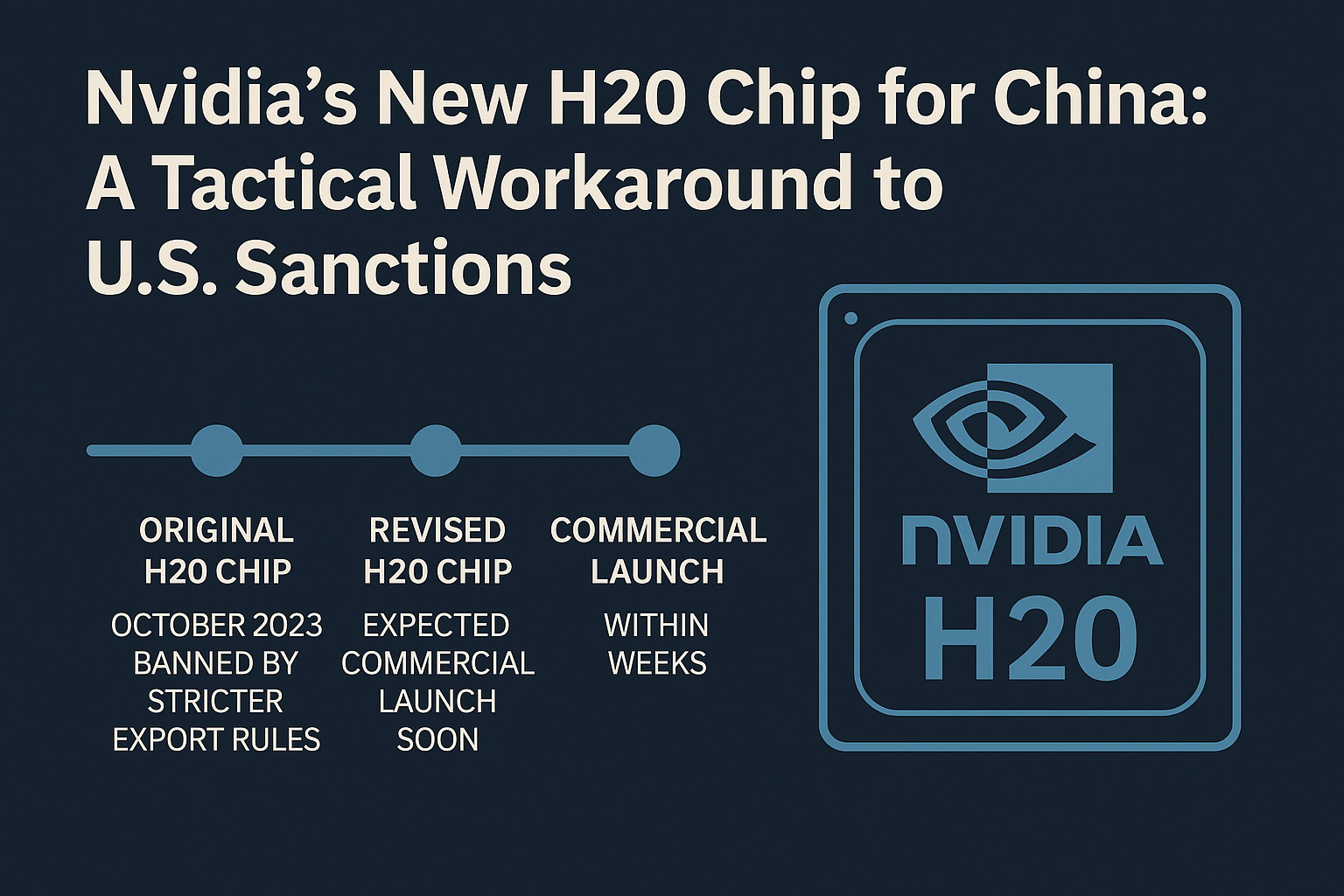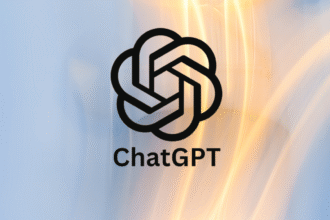Day one of Google I/O 2025 just wrapped up, and it was packed with new AI features. Google delivered lots of major announcements, most of which revolved around the continued evolution of Gemini and its broader AI ecosystem.
After using Gemini almost daily for over a year, I can say today’s announcements feel less like routine upgrades and more like a preview of how AI is set to weave itself even deeper into everyday life.
One of the standout moments was the demo of Project Astra, which is now packing some seriously advanced aenic (agentic + semantic) capabilities.
Google showcased how Astra can seamlessly find relevant information across PDFs and YouTube, scroll to exactly what you need, and even make phone calls on your behalf without you lifting a finger.
In one case, a user asked Astra to call a bike shop to check for a part, and Astra handled it all autonomously.
We also saw it pause a conversation when someone else entered the room, then resume right where it left off.
This kind of contextual awareness and task management is exactly where AI becomes more than just a chatbot—it starts acting like an actual assistant.
That same intelligence is being brought directly into Chrome. Gemini is now available in the desktop version of the browser, giving you the power to summarize pages, clarify content, ask questions, and even recall what you saw across previously visited pages.
Gemini Live also brings voice interaction into the mix, and everything rolls out starting May 21 for both Windows and Mac—though it’s reserved for Google AI Pro and Ultra subscribers for now.
On top of that, Project Mariner was revealed as a sort of AI-powered super assistant baked into Chrome. It can browse the web, do research, make bookings, buy things with your permission, and juggle up to 10 different tasks at once.
It’s currently part of the Gemini app and will soon show up in Google Search’s AI mode and through the Gemini API for developers.
Gemini itself also got a major performance bump with the release of Gemini 2.5 Flash. It’s more efficient, using 20 to 30 percent fewer tokens while delivering better performance in reasoning, multimodality, and long-context benchmarks.
Meanwhile, Gemini 2.5 Deep Think is introducing more advanced cognitive capabilities, and the Gemini app will soon support deeper integrations with Google Maps, Calendar, Tasks, and Keep.
And if you’re using Google Canvas, there’s a new “Create” menu where you can generate webpages, infographics, and even quizzes based on your own content, with feedback-driven follow-ups if you get answers wrong.
Google also updated its image-generation model, Imagen 4, which now creates lifelike visuals with better text and typography rendering.
Starting today, Project Astra’s camera and screen-sharing features are rolling out to iPhone and iPad, extending the experience across platforms.
Now onto subscriptions—because things got a little wild at this point. The existing AI Premium Plan is being renamed to Google AI Pro.
It still costs $20 per month and includes 2TB of storage, Gemini integration across Workspace apps, priority access to new features, Gemini Advanced, and access to video tools like VO2. But then comes the introduction of a new tier: Google AI Ultra.
AI Ultra starts at a jaw-dropping $250 per month. Yes, you read that right. For that price, users get 30TB of cloud storage (which normally costs $150 alone), YouTube Premium, the best Gemini model access, Gemini in Workspace, Flow with VO3, Whisk for turning images into videos, and NotebookLM with top-tier models coming later this year.
And yes, the Ultra plan is the only way to access the Project Mariner prototype. While this might sound extreme, it’s clearly not aimed at the average user. This is a developer, researcher, and power-user toolset. If you’re not someone who can fully tap into those capabilities, AI Pro is likely more than enough.
Google made it clear today: Gemini is the centerpiece of its AI future. From browsers to phones, and now even task automation and creative tools, we’re watching the platform evolve into something far more powerful than what it launched as.
There’s a lot to digest, and more is coming as the event continues. But today’s announcements give us a solid look at how Google intends to scale AI into every part of our digital lives.
Are you excited about Project Astra and its new AI capabilities? Do you see yourself using these new features, or are you more intrigued by the creative and productivity updates? And seriously, what are your thoughts on that $250 Ultra plan?

